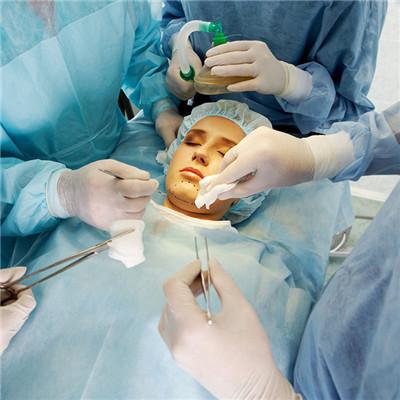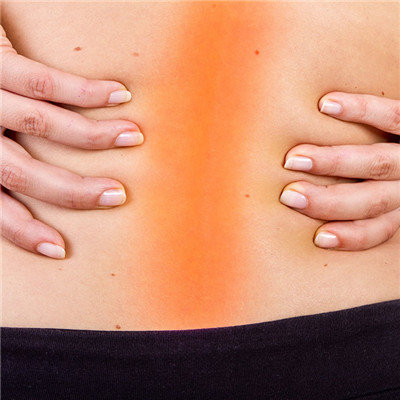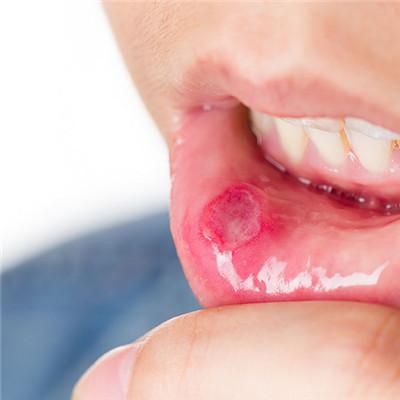What are the early symptoms of cor pulmonale?
summary
Obstructive pulmonary emphysematous heart disease, referred to as pulmonary heart disease, pulmonary heart disease is a common disease in China, in the cold climate of the north and humid Southwest China is the first. Understanding the initial symptoms of cor pulmonale is helpful for our timely prevention and treatment. What are the early symptoms of cor pulmonale? Let's talk about it.
What are the early symptoms of cor pulmonale?
This period is mainly the manifestation of chronic obstructive pulmonary disease (COPD). Chronic cough, expectoration, shortness of breath, palpitation, dyspnea, fatigue and decreased labor endurance. Physical examination can have obvious emphysema, auscultation breath sound weakened, occasionally dry, wet rales, lower limb edema, obvious in the afternoon, disappear in the next morning.
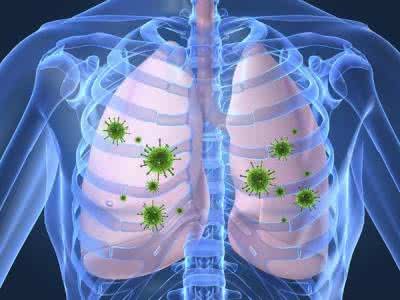
Heart voiced boundary is often difficult to knock out due to emphysema. The heart sound is far away, but the second heart sound may be hyperechoic in the pulmonary valve area, indicating pulmonary hypertension. Systolic murmur in tricuspid valve area or heart beat under xiphoid process, which mostly indicates right heart hypertrophy and enlargement. In some cases, due to emphysema, the intrapleural pressure increased, which hindered the return of vena cava, and the jugular vein was filled. Because of the descending diaphragm, the upper and lower border of the liver obviously moved underground.
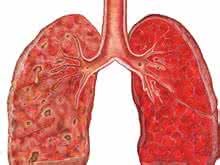
I feel short of breath when I go up stairs or walk fast; Palpitations and shortness of breath can occur even at rest. In every cold season, the disease gets worse, the cough gets worse, and the amount of sputum increases, thickens or turns yellow. Severe respiratory failure, heart failure, etc.
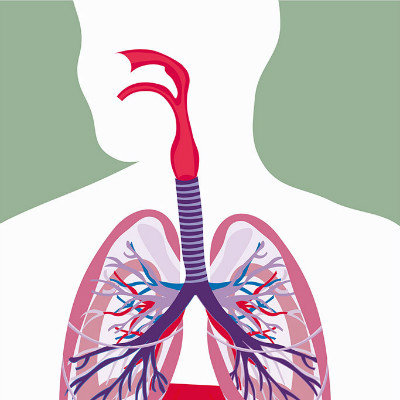
matters needing attention
Keep respiratory tract unobstructed. Ventilation disturbance is the main factor of aggravation of cor pulmonale. Therefore, we must try to keep the respiratory tract unobstructed. Sputum coughing will aggravate respiratory obstruction; Steam or atomization inhalation is beneficial to moisten the respiratory tract and dilute the thick sputum to facilitate expectoration; Or use a sputum aspirator to continuously suck out the sputum to keep the respiratory tract unobstructed. Prevent upper respiratory tract infection. Acute attack of cor pulmonale is often induced by upper respiratory tract infection. Therefore, all patients with cor pulmonale or chronic bronchitis should be strictly prevented from upper respiratory tract infection. At ordinary times, we should strengthen exercise and take more breathing exercises in the outdoor environment with fresh air to increase vital capacity and enhance immunity; Pay attention to keep out the cold and prevent cold air stimulation.


